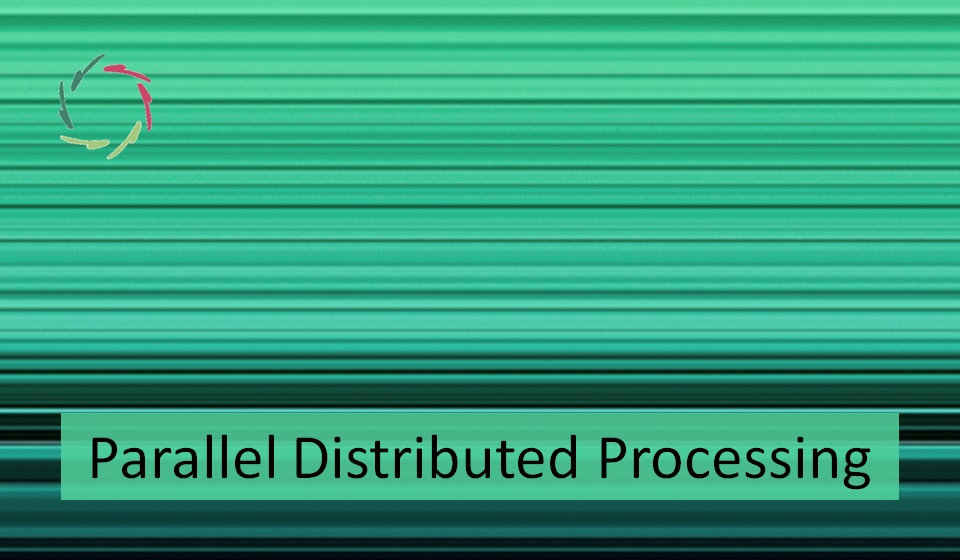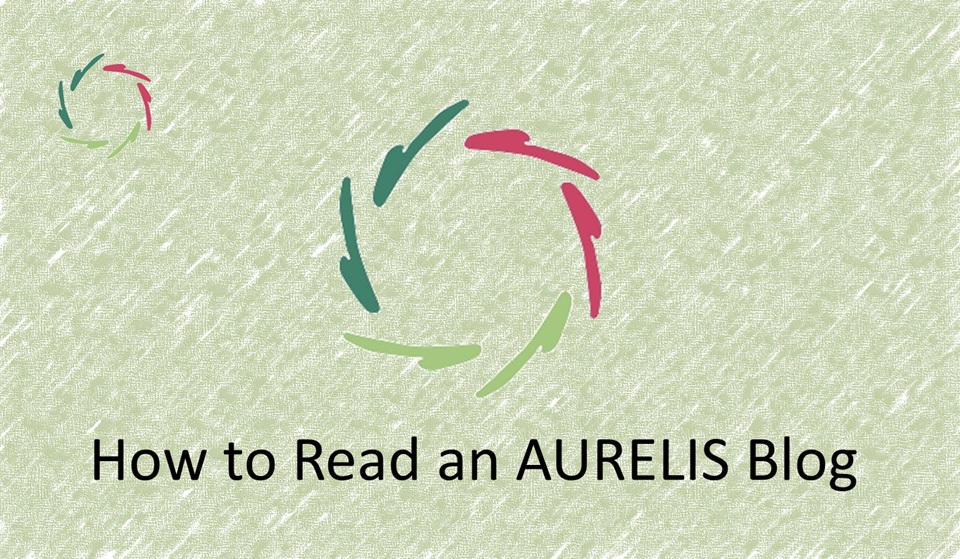Parallel Distributed Processing

In the mental sphere, Parallel Distributed Processing (PDP) is nature’s way to reach ever more complexity.
It’s also the title of a phenomenal book (edited) by Rumelhart & McClelland, published in 1986 — my mind-opener a few years later. Much AURELIS-thinking started then.
Subconceptual
In PDP, the basic units of mental processing are not the higher-level concepts that we may elaborate on in scientific writing, for instance.
They are smaller, such as the small conceptual features that one may discern at a closer look. Moreover, real PDP is about entities even smaller than these. Thus, the constituting elements and the concepts are from truly different levels. The concepts ‘emerge’ from the lower – subconceptual – level. In other words, one cannot simply see at the subconceptual level what the conceptual level is about.
Neuronal
Strength does not lie in simply simulating the human processing units. These together are just nature’s solution for an underlying issue regarding the processing of information.
Of course, neurons form an intrinsic part of that solution, and much can (still) be learned from this, primarily through open-minded research.
PDP captures it fairly well.
Elaborating some more:
‘Parallel’ opposes ‘serial.’ In parallel processing, many things happen simultaneously. This not only multiplies the processing speed. It also very much enables synthesis. It enables the creation of what’s genuinely new, finding niches where the mind has never gone before.
Distributed’ opposes ‘local.’ Distributed mental processing enables properties that are ——recognizable from human mental processing, such as automatic generalization and multiple constraint satisfaction.
The parallel and the distributed go together.
Together, they form a powerful way of processing — so powerful that nature also discovered how to leverage this into what we see as our conceptual mind.
Thus, the conceptual and subconceptual are realized together, which is what we see in the brain. There are no dedicated brain centers for each.
The PDP book is pretty good in pointing out the consequences.
Biases and other errors in our thinking are elegantly explainable on this basis — for instance, errors made by children in learning verbal tenses.
Also, as said, particularly powerful features are easily explainable.
These are also explainable from other viewpoints — only very much harder and from hypotheses that don’t match well with tons of additional research. As usual, in science, one needs to stick with the obvious.
Amazingly
What amazes me most is that the PDP book, despite its mature and explicit content, hasn’t been the source of many paradigm shifts in healthcare and beyond. It wasn’t helpful that present-day humanism preferred to keep eyes closed and stay asleep. It still is — very much despite a crushing responsibility.
These shifts will probably happen pretty soon through the intermediary of AURELIS and Lisa (or something similar that I don’t notice).
That would be nice, but meanwhile, an immense amount of human suffering and lack of human growth has been going on for decades through the sheer lack of insight that was actually already there.
I can only shake my head and be sad.
Then, I can only continue with the project.


